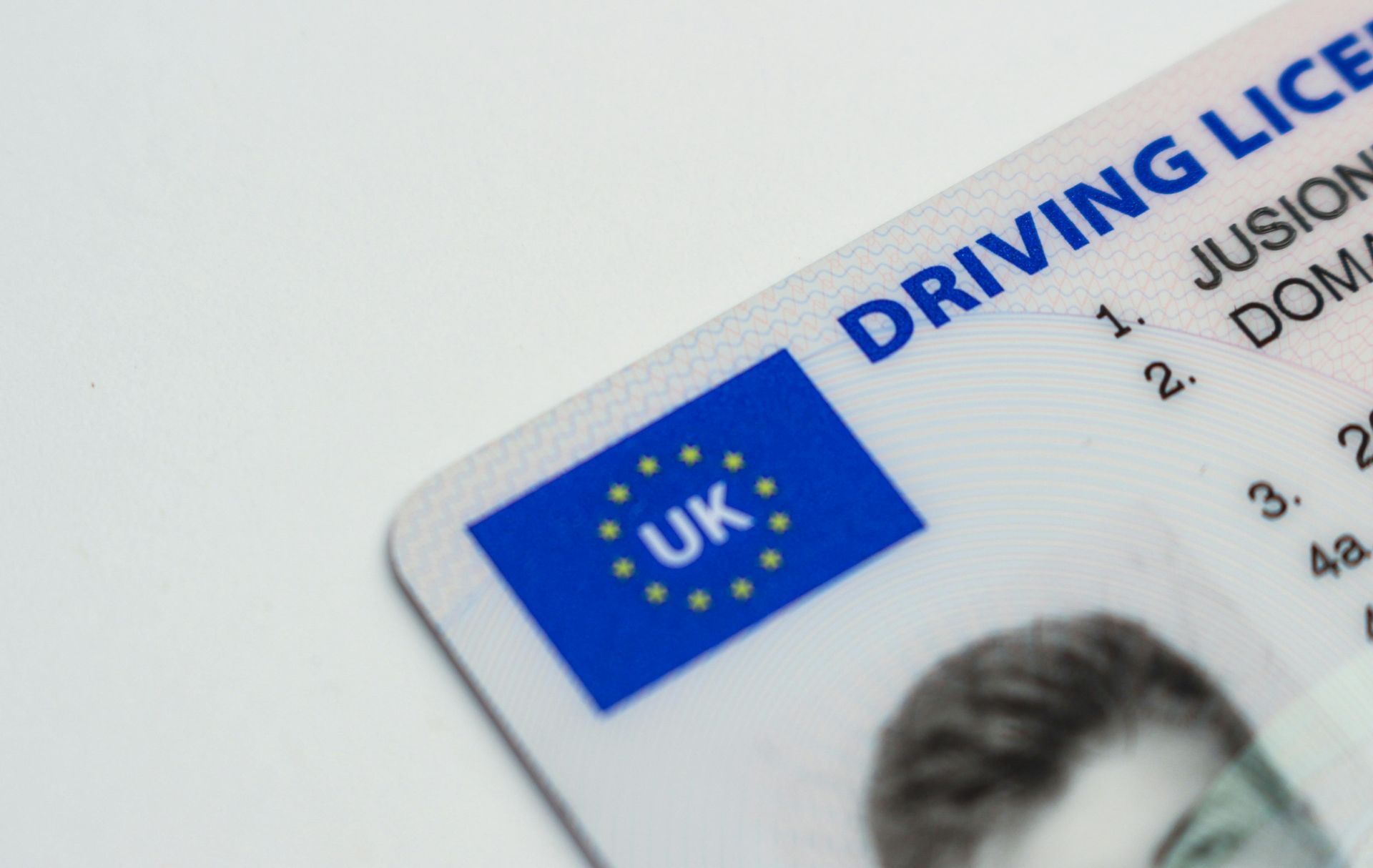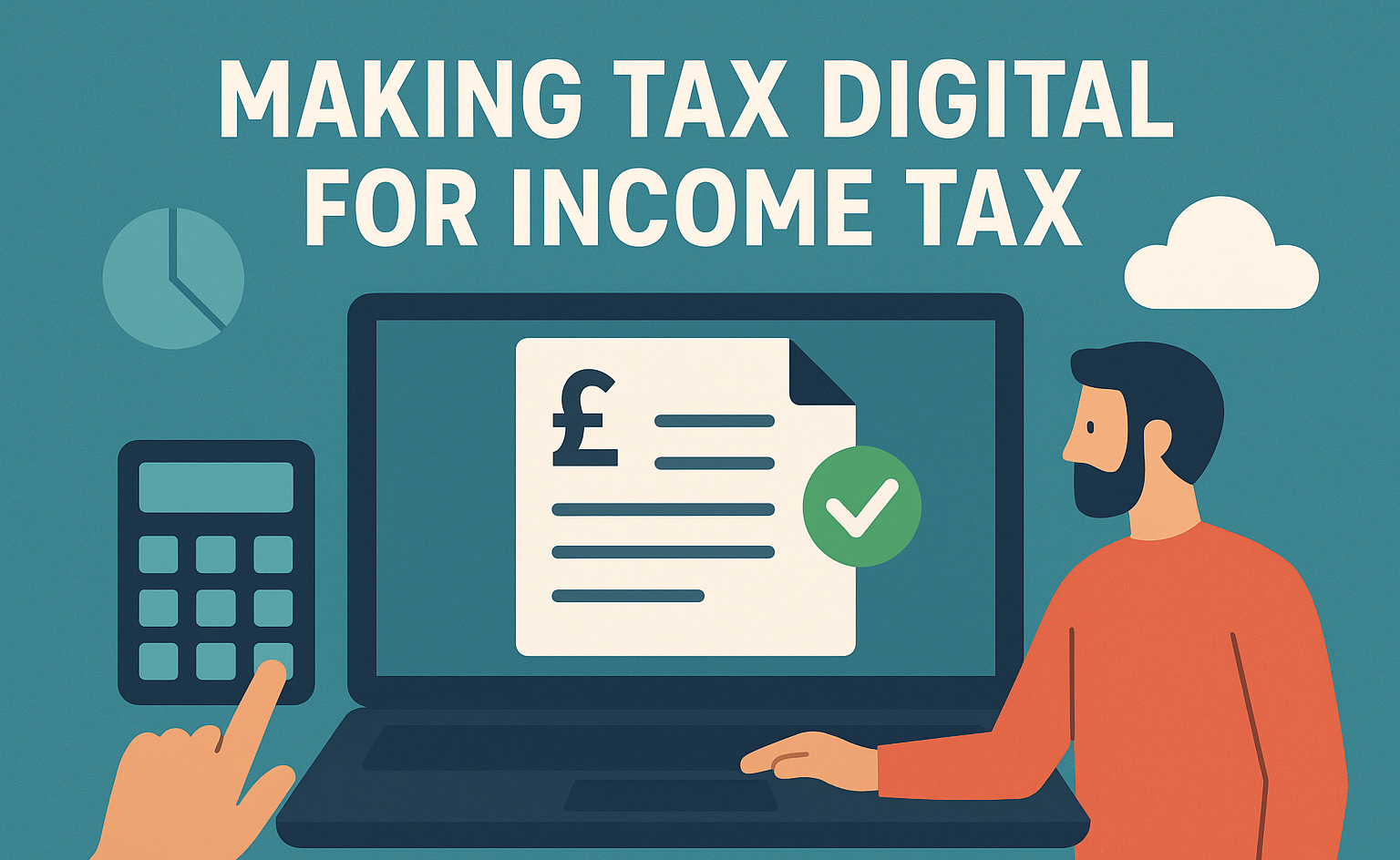September Insights
September Insights
1. Do you need to register for self-assessment?
HM Revenue and Customs (HMRC) have issued a press release debunking some common myths about whether a taxpayer needs to register to complete a self-assessment tax return.
Anyone who needs to complete a self-assessment return for the first time to cover the 2023-24 tax year, needs to tell HMRC by 5 October 2024.
Here are the myths and the realities highlighted by HMRC:
Myth: I don’t need to file a return because HMRC hasn’t been in touch
The reality is that it is each taxpayer’s responsibility to determine if they need to complete a tax return.
You may need to register and complete a tax return if you:
- have started to be self-employed and earned gross income of more than £1,000.
- earned below £1,000 but want to pay voluntary Class 2 National Insurance contributions to protect your pension and benefit entitlements.
- have become a new partner in a partnership.
- have received untaxed income above £2,500.
- need to pay the High Income Child Benefit Charge because you receive Child Benefit and you or your partner earned more than £50,000.
Myth: Tax has to be paid at the same time as the return is filed
The deadline for paying tax for the 2023-24 tax year is 31 January 2025. Tax can be paid any time before this date, it does not need to be paid at the same time the return is filed.
Myth: I don’t need to file a return because I don’t owe any tax
Tax returns need to be completed to claim tax refunds and to claim tax relief on business expenses, charitable donations, and pension contributions. A return also needs to be completed to be able to pay voluntary Class 2 National Insurance Contributions if you want to protect your pension and benefit entitlements.
Myth: HMRC won’t expect a return from me if I don’t need to file one
Taxpayers need to tell HMRC if they no longer need to file a tax return. If HMRC have sent you a notice to file a tax return they will expect one and keep reminding you and may charge a penalty if they don’t receive it.
If you think you don’t need to complete a return it is best to tell HMRC as soon as your circumstances change.
Myth: I have to file a tax return and pay tax on things I sold after clearing out the attic
Although there has been speculation on this, the tax rules are that selling old clothes, books, CDs and other personal items through online marketplaces do not trigger a requirement to file a return or pay income tax on the sales.
2. Companies House online services to move to GOV.UK One Login
Last week, Companies House confirmed that their online services will move to the GOV.UK One Login beginning from autumn 2024.
Ultimately, the GOV.UK One Login will be used to access all GOV.UK services, which eventually would include HMRC tax services. Companies House services moving across will be a major step towards this goal.
The Find and update company information service will be the first to move across, with the Webfiling service being moved at a later date.
As part of the changes being made by the Economic Crime and Corporate Transparency Act, any person who sets up, runs, or controls a company in the UK will need to verify their identity.
The GOV.UK Login will be used when Companies House implement this requirement so that users can verify their identity directly.
3. VAT on Amazon Fees from 1 August 2024
From 1 August 2024, selling fees charged by Amazon to UK vendors will be subject to VAT at 20%. Previously, fees subject to the VAT reverse charge procedure as the company charging did not have a UK branch. From 1 August, fees will be charged by Amazon EU S.a.r.l (AEU), which has a UK branch. This means that Amazon must charge VAT at 20% on fees in the UK.
Vendors who are VAT-registered will be able to reclaim the VAT, subject to any partial exemption adjustments (if necessary). Those who are not VAT-registered will see their selling fees increase by 20% because they cannot claim the VAT.
Generally, such increases in VAT are largely borne by the consumer, as vendors pass the increased costs onto their customers.
4. 2024 Sustainable Farming Incentive agreements now live
The first of the 2024 Sustainable Farming Incentive agreements for 2024 is now live.
A tool is available that can help about grants and funding farmers may be eligible for.
The tool doesn’t confirm eligibility, but it is a good way of tracking down actions that farmers may be able to get paid for.
5. Could government-backed financing help your business expand?
If you want your business to be well placed for expansion, especially overseas, you should consider the following:
1. Explore Government-Backed Financing:
UK Export Finance’s (UKEF) General Export Facility and other government-backed financing options can be a lifeline for you if you are struggling to secure traditional financing for your business. These resources are designed to support SMEs at various stages of growth, particularly those looking to expand internationally.
2. Be willing to partner with specialist lenders:
Working with non-bank lenders, that specialise in supporting SMEs, can provide access to tailored financing solutions that align with your business’ unique cash flow needs and growth objectives.
3. Leverage Networking Opportunities:
UKEF can not only provide financial support but also connect you to a broker to help your business secure additional private financing. Building a network of financial and strategic partners can open doors to you for new opportunities and resources.
4. Invest in Growth and Innovation:
For your business, securing funding is just the first step - investing wisely in areas that will drive growth and innovation is crucial.










